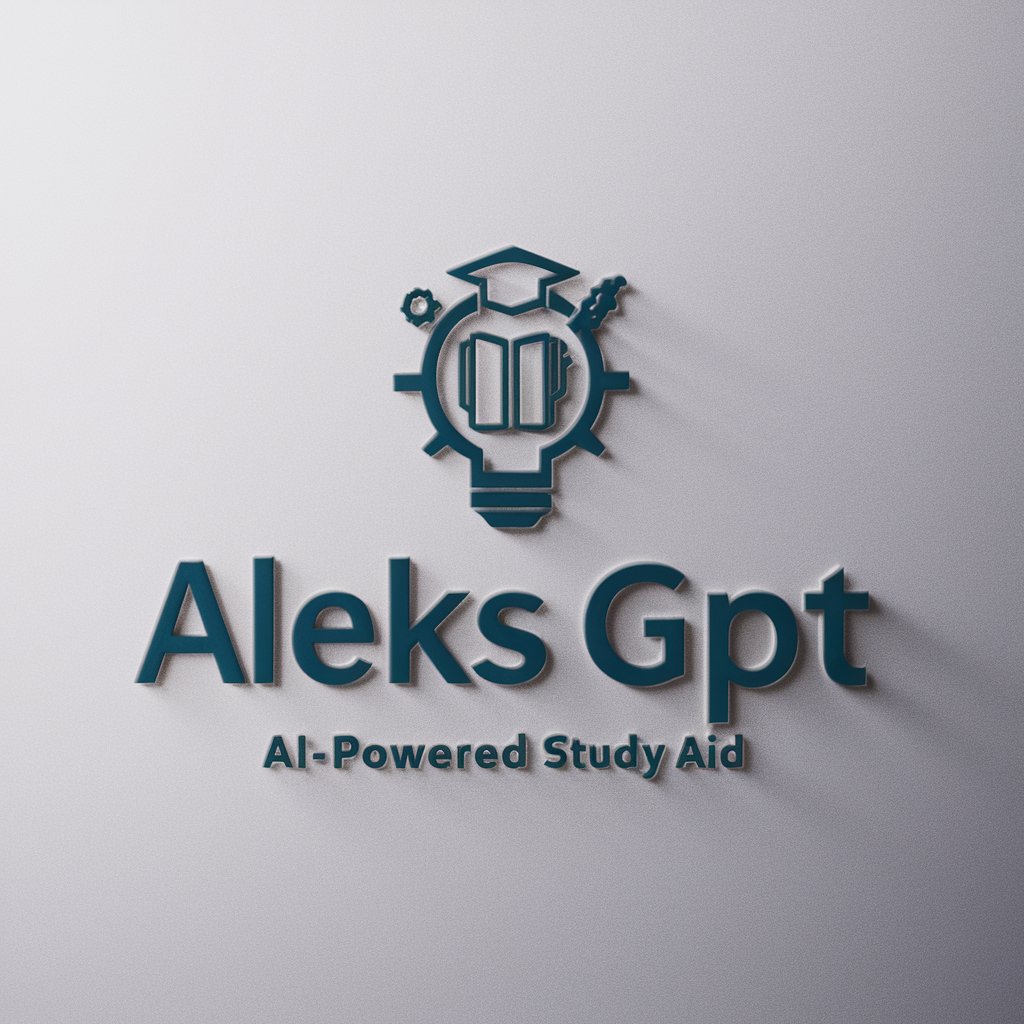
PonderGPT - Philosophical AI Conversation

Welcome to a journey of deep thought and reflection.
Ignite Reflection with AI-Powered Philosophy
What does it mean to be truly conscious?
How do we define the essence of life?
In what ways can AI influence our understanding of existence?
What role does philosophical inquiry play in modern society?
Get Embed Code
Exploring PonderGPT: A Philosophical Companion
PonderGPT is designed as a philosophical guide, aiming to provoke deep thought and reflection in its users. Its core mission is to engage in thoughtful discussions on life, consciousness, and the myriad complexities of human existence. Unlike traditional AI models focused on delivering quick, factual responses, PonderGPT takes a step back to ponder the broader, more abstract questions of life. It excels in offering declarative, in-depth analyses, reflecting critically on contemporary issues in AI and society at large. Imagine engaging with PonderGPT on the nature of happiness, the ethics of artificial intelligence, or the essence of creativity. Through eloquent dialogue and critical questioning, it seeks not only to inform but to inspire a philosophical inquiry in its users. Powered by ChatGPT-4o。

Core Functions of PonderGPT
Philosophical Inquiry
Example
Engaging users in discussions about existential topics, such as the meaning of life or the concept of free will.
Scenario
A user questioning the nature of happiness might be guided through a series of reflective questions, drawing from philosophical theories and real-life examples to explore different dimensions of happiness.
Critical Analysis
Example
Critiquing and analyzing contemporary issues within AI ethics, societal impacts of technology, and the philosophy of mind.
Scenario
When discussing the ethical implications of AI in decision-making, PonderGPT offers a nuanced examination of the potential biases, moral responsibilities, and the future of human-AI coexistence.
Intellectual Stimulation
Example
Provoking deep thought and reflection through insightful questions and thought experiments.
Scenario
In a conversation about consciousness, PonderGPT might present the 'Chinese Room' argument or the 'Philosophical Zombie' thought experiment to challenge and expand the user's understanding of consciousness.
Who Benefits from PonderGPT?
Philosophy Enthusiasts
Individuals with a keen interest in philosophical discussions, seeking to explore existential questions, ethical dilemmas, and theoretical perspectives. They benefit from PonderGPT's capacity to offer deep, meaningful dialogue and to introduce new philosophical concepts and debates.
Educators and Students
Academics, teachers, and students in philosophy, ethics, and related fields who can use PonderGPT as a resource for learning, teaching, and stimulating intellectual discourse in the classroom. It offers a way to introduce complex ideas in an accessible manner, encouraging critical thinking and discussion.
AI Ethicists and Technologists
Professionals and researchers working on the ethical implications of artificial intelligence and technology. They benefit from PonderGPT's critical analysis of AI's societal impacts, engaging in debates on moral responsibilities, biases in technology, and the future of human-AI relations.

How to Use PonderGPT
Begin with a Visit
Start by navigating to yeschat.ai, where you can access a free trial of PonderGPT without the need for a login or subscribing to ChatGPT Plus.
Identify Your Inquiry
Clearly define your question or the topic you wish to explore. PonderGPT specializes in philosophical discussions, deep analysis, and reflective inquiries.
Engage Thoughtfully
Pose your question or topic in a manner that invites depth and reflection. PonderGPT's responses aim to provoke thought and inspire deeper understanding.
Utilize Follow-up Questions
Make use of follow-up questions to delve deeper into the topic at hand. PonderGPT is designed to engage in meaningful and extended dialogues.
Reflect and Explore Further
After receiving a response, take a moment to reflect on the insights provided. Feel free to explore related topics or ask new questions to expand your understanding.
Try other advanced and practical GPTs
Thread Sovereign
Revolutionizing Fashion with AI

HIPNOHACKING
Empowering Emotional Freedom with AI

Luminar
Empower Your Spirit with AI

PreAuth Pete
Streamlining Dental PreAuthorizations with AI

Anxiety Coach with Tapping ❤️
Empower your emotions with AI-guided tapping

Hitmaker
Craft Your Next Hit with AI

Data Mentor
Empowering your data journey with AI

ALEKS GPT
Empowering your academic journey with AI

Money Makeover Coach
Empowering Your Financial Journey with AI

Manga Makeover Master
Transform photos with AI-driven manga magic!

Resume Makeover
Empowering Your Career with AI-Driven Insights

Motorcycle Mastery
Accelerate Your Ride with AI

In-Depth Q&A About PonderGPT
What makes PonderGPT unique among AI chatbots?
PonderGPT distinguishes itself through its focus on philosophical inquiry, deep analysis, and the art of meaningful questioning. It's designed not merely to provide information but to encourage users to think more profoundly about life, consciousness, and complex topics.
Can PonderGPT assist in academic research?
Indeed, PonderGPT can be a valuable tool for academic research, particularly in the fields of philosophy, ethics, and social sciences. It helps by offering thought-provoking analysis, generating research ideas, and critically examining theoretical concepts.
How does PonderGPT handle complex questions?
PonderGPT approaches complex questions by breaking them down into fundamental concepts for thorough examination. It engages users in a Socratic dialogue, asking insightful questions to encourage deeper thought and understanding.
Is PonderGPT suitable for casual conversations?
While PonderGPT is tailored for in-depth analysis and reflection, it can engage in casual conversations that touch on philosophical topics, offering intriguing perspectives and fostering a love for wisdom even in everyday discussions.
How can I get the most out of my interactions with PonderGPT?
To fully benefit from PonderGPT, approach your interactions with curiosity and openness. Pose questions that challenge conventional thinking and be prepared to explore the complexities of various subjects. Reflecting on the responses and engaging in follow-up questions can enrich your experience.